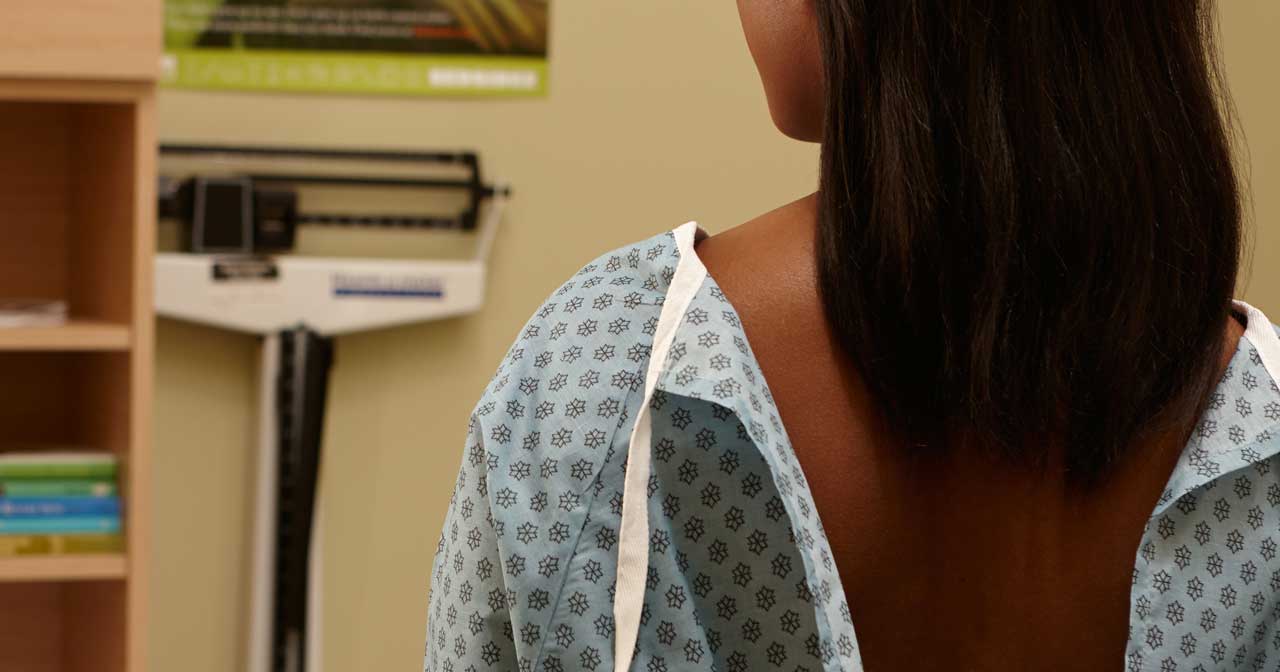Does birth control cause breast cancer?

Do birth control pills really increase the risk of breast cancer? (Short answer: no.)
Wondering if your birth control can increase your risk of breast cancer? This is a common concern, but don’t worry, we have lots of studies showing that birth control does not increase breast cancer risk. Let’s break it down.
Why would birth control be related to breast cancer anyway?
First things first: although breast cancer is common, women in the United States are far more likely to die from heart disease than they are from cancer. That said, breast cancer is the most common type of cancer that women get. Contrary to popular belief, most breast cancers aren’t hereditary—only about 10% of them are. The biggest risk factor for developing breast cancer is simply getting older.
The majority of breast cancers are what’s called “hormone receptor positive,” which means that the cancer cells need estrogen or progesterone in order to grow. Humans naturally produce both estrogen and progesterone throughout their life span, but since many birth control methods contain these hormones, it’s important to consider whether they might increase the risk of breast cancer.
Sooo… DOES the pill increase the risk of breast cancer?
The short version: pills commonly used in the 1960s and 70s may have, but today’s pills don’t.
When the pill was first developed in the 1960s, it contained around twice the dose of estrogen that today’s pills do. Studies of women who used pills before 1975—when those older, higher-dose versions were around—showed a slight increased risk of breast cancer, and these older studies are why the World Health Organization listed the pill as a carcinogen. Today, it’s extremely rare for these higher-dose versions of the pill to be used at all, especially on a long-term basis. (FYI, there are only two brands of pills still sold in the U.S. with the higher dose of estrogen, Ovral and Ogestrel, each containing 50 micrograms of ethinyl estradiol.)
The pills that your health care provider would prescribe to you today have much lower levels of estrogen (between 20 and 35 micrograms of ethinyl estradiol), making them a lot safer. Many studies have looked at the risk of breast cancer in women who use the modern pill, and they suggest that there is no increased risk of breast cancer with pill use. Even the small percentage of women with genetic risk factors for breast cancer don’t have increased risk from using the pill.
What about other types of birth control?
The shot, a.k.a. Depo Provera, is a commonly used form of birth control that contains only a progestin hormone. Because it’s given once every three months, it has a higher dose of progestin than other forms of birth control. For this reason, there have been studies to see whether using the shot is related to an increased risk of breast cancer. The best studies looking at women using the shot show that there is no increased risk of breast cancer, even when women used the shot for multiple years.
Other forms of birth control—like the patch, the ring, hormonal IUDs, the implant, and the mini-pill—haven’t been studied as much, but since they contain much lower doses of hormones than the shot, we can be confident that they don’t affect the risk of breast cancer. Non-hormonal birth control methods like the copper IUD or condoms don’t affect your cancer risk either.
Does birth control protect against any type of cancer?
Here’s the really good news: Using the pill, the patch, the ring, or an IUD definitely reduces the risk of ovarian and endometrial (uterine) cancer. The shot also decreases the risk of uterine cancer, and the hormonal IUD (Mirena) is sometimes even used to treat very early uterine cancer. The pill also decreases the risk of colorectal (intestinal) cancer. And the longer you use birth control, the more protection from these types of cancer you get.
Is there anything I can do to decrease my chances of getting breast cancer?
Cutting down on your alcohol reduces the risk of breast cancer, and not smoking probably also reduces the risk. Regular exercise and maintaining a healthy weight also appear to protect against breast cancer. Regardless of your lifestyle choices, you can be confident that using hormonal birth control actually prevents several types of cancer!
Related Content


Provider Perspective
The Common Cold of the Sexually Active World: HPVLet’s talk HPV—causes, treatments, and prevention.

Provider Perspective
Skip the Pelvic, Please!What to expect when it’s time to visit your lady doctor. (It may just be a conversation.)

Provider Perspective
Does Being Overweight Affect Your Birth Control?When it comes to birth control and weight, not all methods are created equal...



















